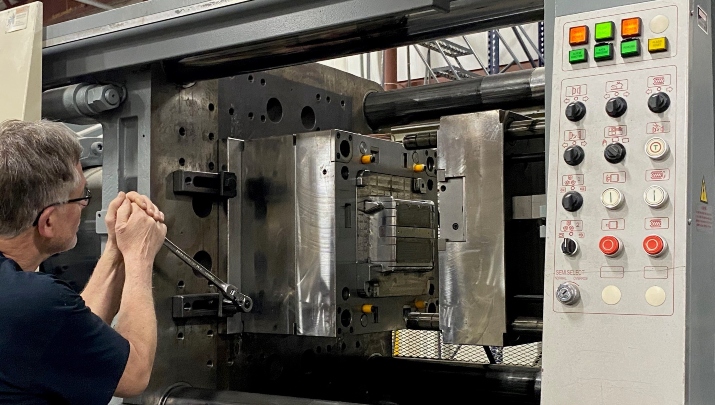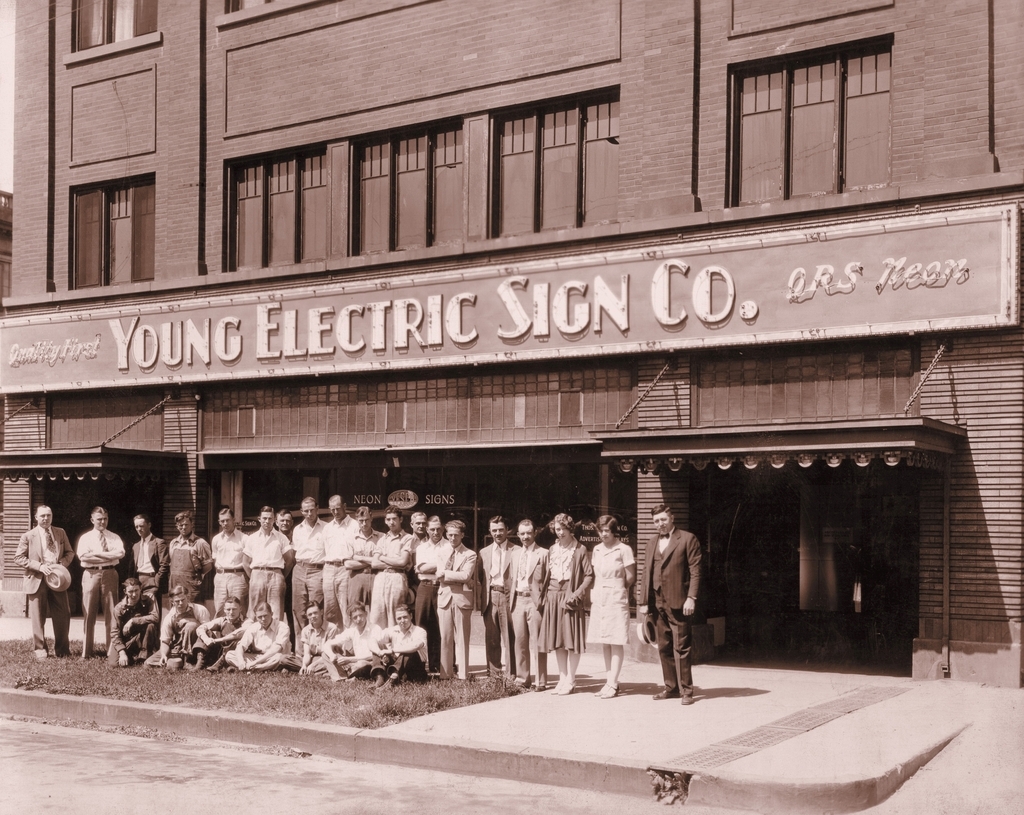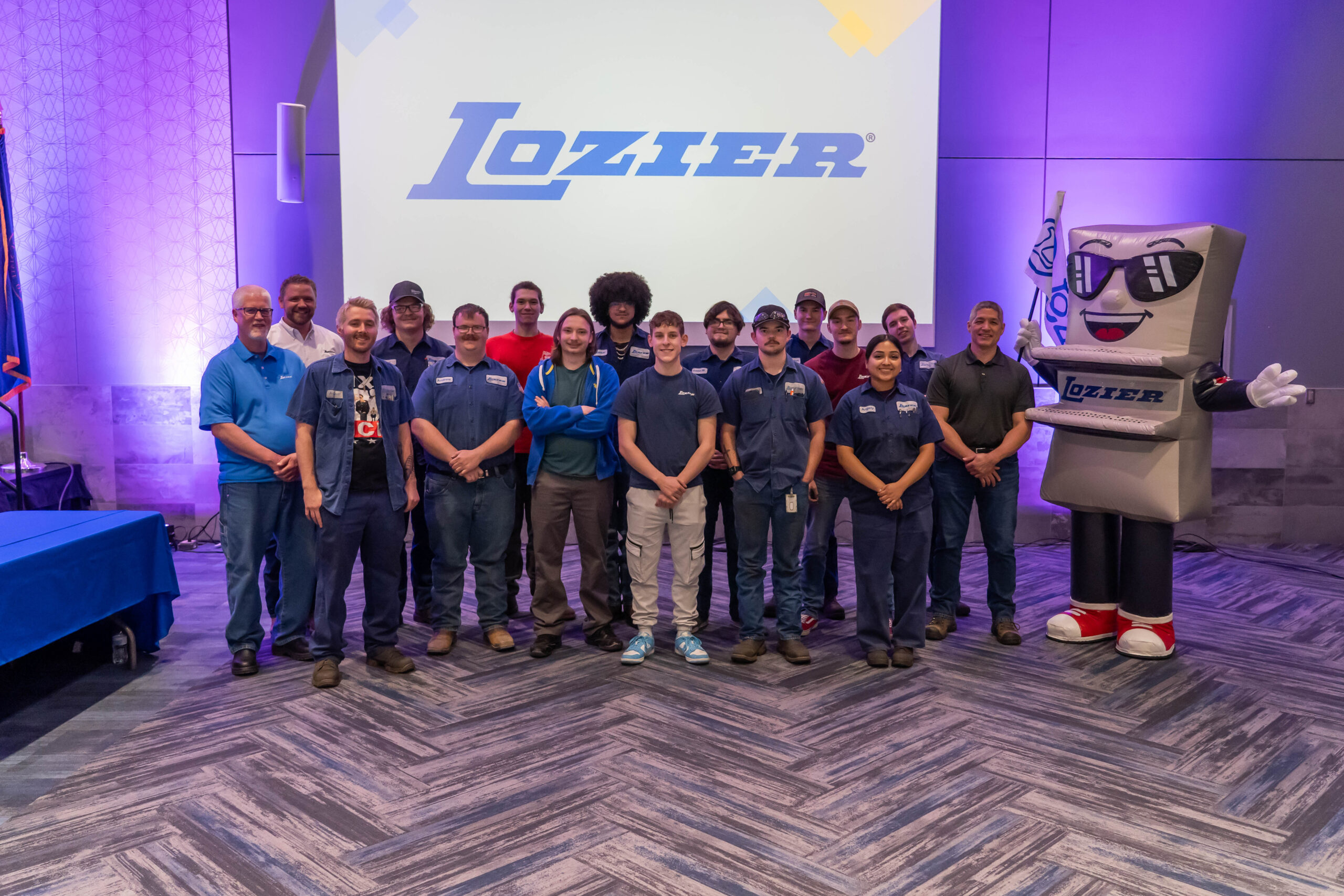
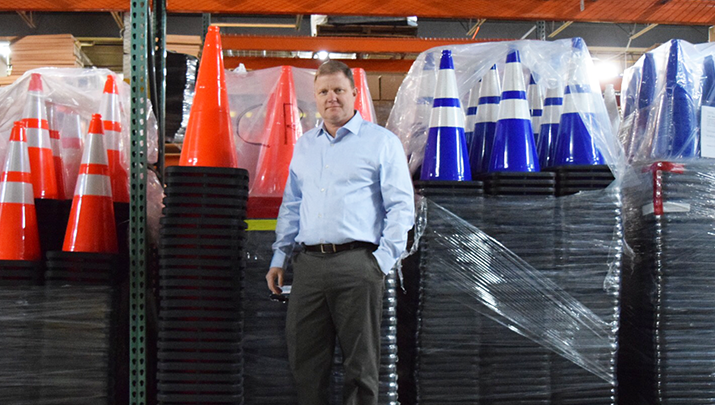
The Relentless Pursuit of Better
- Will Snook
- TrafficSafetyStore.com
I don’t remember a time when I didn’t want to be an airline pilot. So when I graduated from the University of Colorado in 1990 with a Bachelor of Arts in English and history and told my parents I wasn’t interested in going to law school as they’d hoped I would but rather that I wanted to go to flight school, they weren’t too pleased, but they also weren’t terribly surprised.
Three years later, after working as a flight instructor and freight pilot flying to Mexico and Central America, I had achieved my dream. I was hired as a first officer for the Delta regional airline Atlantic Southeast Airlines (ASA) in Atlanta. Since ASA was growing very rapidly at the time, the pathway to advancement was clear before me — upgrade to Captain in six to eight months, fly a few more years with ASA, then move on to a mainline carrier such as Delta or United. There was only one problem: the airline work environment.
Like the Hatfields and McCoys before us, no one could tell me who started the feud, but no two groups of workers in an airline environment got along. Mechanics hated ramp workers. Ramp workers hated flight attendants. Gate agents hated flight crews (of which I was a member). And we all hated airline management. Rest assured that safety was never an issue; we were all united in our commitment to safety and self-preservation, but that didn’t mean we couldn’t be nasty and condescending to one another while doing it. Therefore, after having invested six years of my life in pursing my dream career as an airline pilot, I just could not see myself enjoying the remainder of my work life in that environment. So I parked my plane at the Hartsfield airport in Atlanta, and I quit and became a broker of used corporate jets.
From 1996 to 2001, the corporate jet market was exploding, and it was a great time for those of us in the industry. While I do recall that my experience as a pilot was helpful to me in launching my own aircraft sales firm in 1997, it wasn’t until I started my current Evergreen business, TrafficSafetyStore.com, and began hiring larger numbers of employees that the lessons I gained working in the toxic airline environment began to really pay off.
Keep an open mind when hiring
By keeping an open — a very open — mind when it comes to hiring, I’ve managed to go 14 years with extremely low turnover. The only time we’ve had layoffs was after the 2008 recession, when we had to let two people go. We hire almost exclusively through word of mouth, which is a sign of our positive culture.
Also, we hire people who may be overlooked by other companies’ human resources departments. We’ve hired people who have been in jail, people who have had numerous DUIs and people whose wages have had to be garnished for child support. We even hired a man 14 years ago who, at the time, was living in his car and has become one of our most dependable employees.
Approximately 25 percent of our warehouse workers have something on their resumes that would disqualify them from a more traditional hiring plan. But I’ve found that if you see these folks as human beings, not just as resumes, and you set clear expectations for what it takes to thrive at your company, they’ll rise to the occasion.
Be flexible
In order to retain some of these employees, we’ve had to be flexible. While we don’t condone it, if someone has had a DUI and can’t drive, we’ll adjust their work shift for a few months to make sure they can get rides here. One man was missing a lot of work because he didn’t have child care, so we let him bring his son to work for a bit. We let one employee take a sabbatical for alcohol rehab. If you are a good employee, we’re going to work with you. It just makes sense as a human being. What good does it do to take someone who is down and dog pile on them?
Be explicitly clear about what you expect from people
I expect my employees to do a good job and be punctual, which is a sign of respect to their job. Their shifts start at 8 a.m. and end at 5 p.m. I don’t make them punch a card to prove when they got here; they just need to be here on time. If they’re not, we’re going to have a pretty serious conversation. I think people appreciate being treated as adults. After all, we’re equals. They expect a paycheck and health care from me. I expect them to do their job on time. We’re in it together.
Our employees are also incentivized by the fact that we almost always promote from within. That means they can see a goal to work towards instead of feeling like they are going to be stuck in the same job for decades.
Be transparent
We practice open-book reporting, which means every employee sees at least part of our finances and is responsible for making the company more efficient. We have a company-wide meeting every Friday morning, and the guys in the warehouse have a daily debriefing. Together we discuss whether we should channel profits into remodeling to make this a pleasant environment or into hiring consultants to talk to us about culture. This resonates with these guys. They tell me they appreciate the time and energy invested in them.
This also means you have to share bad news every now and then. While it hasn’t happened often, when we have had to terminate people, we immediately bring the whole company together to discuss what just happened. Obviously we don’t share personal information, but we want people to know what their former co-worker did, make it clear that that the person was treated fairly, but also that the company has standards that can’t be crossed.
Our journey together as a team
The motto on the back of our company T-shirt is a phrase that the guys in the warehouse themselves came up with: “The relentless pursuit of better.” We’re on a journey that we’re never going to finish — and every one of us can always do better. It’s so important to put this kind of faith into your employees, especially Evergreen employees who might be with you for decades.
Thanks in large part to the lessons I’ve shared here, TrafficSafetyStore.com has grown from one to 35 employees, and we now have three distribution centers nationwide. We saw 37 percent growth in 2015 and are right on target to finish 2016 with 25 percent growth. We’ll come in just under $15 million in annual revenue this year.
Do I miss flying for a living? Every day. But I must acknowledge that as a result of my decision to quit working as an airline pilot, I have built an Evergreen business that is providing a good living to more than 35 families, including my own. I’ve also been home for far more anniversaries, birthdays and parent-teacher conferences than I ever would have been had I stayed in the airline industry. Having said that, though, I still always look left and check out the cockpit whenever I board an airliner — old habits die hard.
Will Snook is the CEO of TrafficSafetyStore.com.
More Articles and Videos
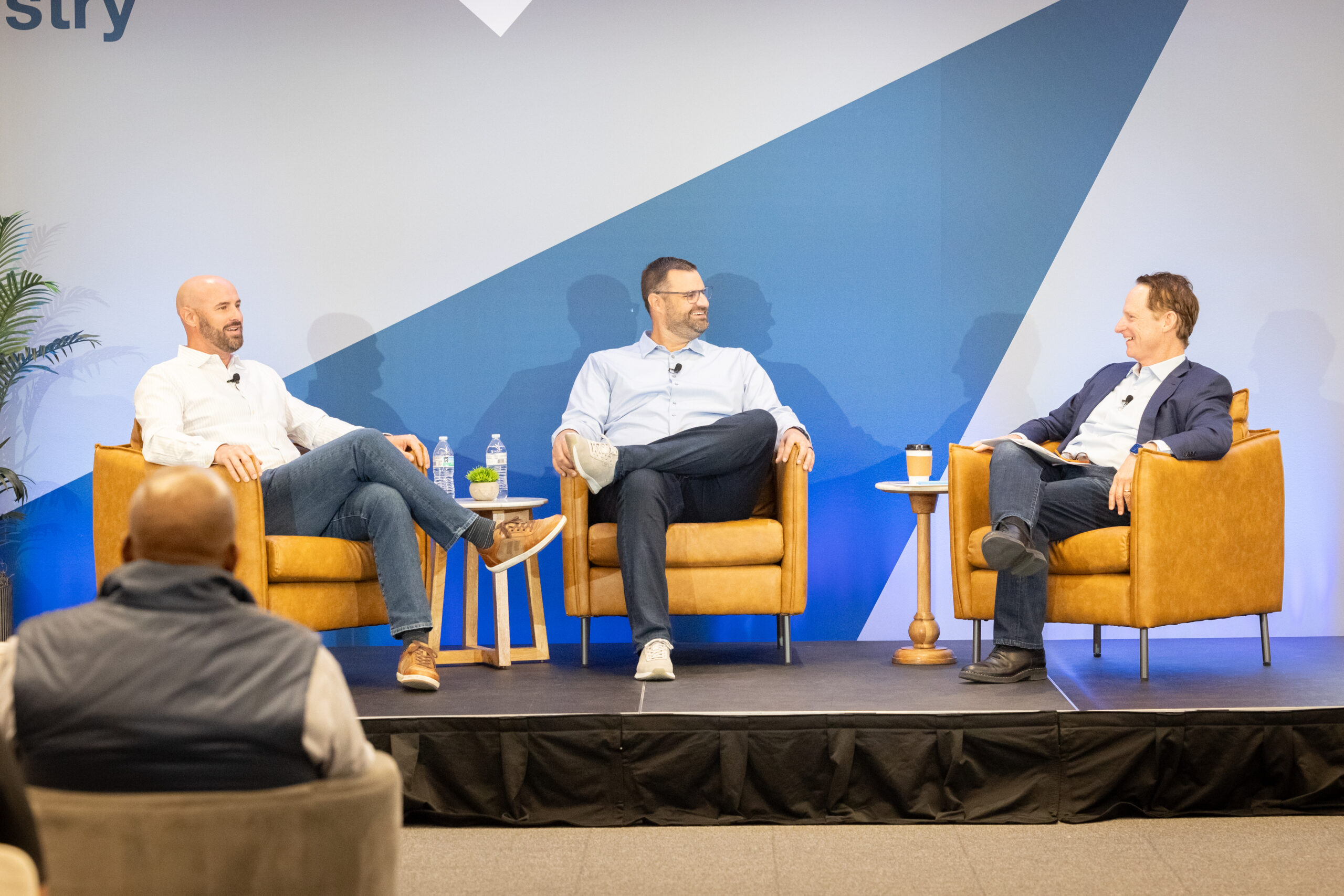
Fireside Chat with Dave Thrasher, Dan Thrasher, and Dave Whorton
- Dave Thrasher, Dan Thrasher, & Dave Whorton
- Supportworks and Thrasher Group

Get Evergreen insight and wisdom delivered to your inbox every week
By signing up, you understand and agree that we will store, process and manage your personal information according to our Privacy Policy
